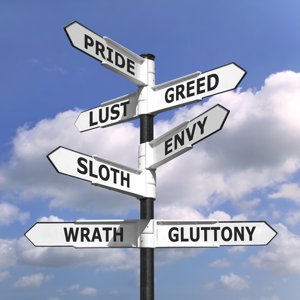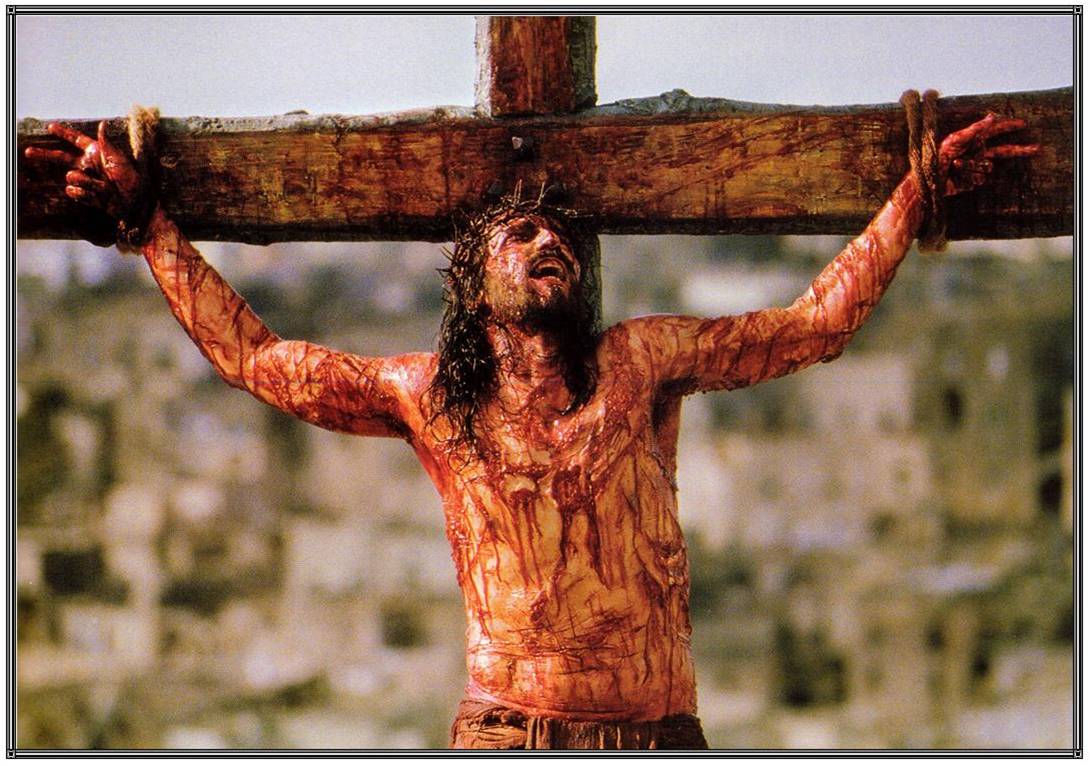Have we really all sinned? Have we really all got a reason to say I needed a saviour? Or were some of born and raised clean? Without an iota of their own sin to their own name- incapable of understanding what it is that the rest of humanity goes through when they come forward with their sin?
Now I know this seems rhetorical in nature; silly even, but I would like us to consider what we look like as the church to a man who embraces adultery, or to the promiscuous woman on the streets, or to the man rightly convicted of stealing from His boss. And by what we look like, I am referring to our conversation, sentiment and words towards that man. Is that man looking at us and seeing people who at one time walked in sin, but have now been redeemed; or rather, is does he see when he sees us paragons of virtue; faultless in all our acts and incapable of relating to him or understanding why in the first place he would embrace a lifestyle of adultery.

Have we all experienced the chains of sin? 
Can we identify with any of this? 
Or was this sacrifice more for other people not named me?
Does the young man in church, struggling for identity in the church, see the rest of us and see people genuinely transformed by grace alone? Does he see a community that freely shares their testimony of deliverance from alcoholism, sexual immorality, and abusive tendencies; or does he see a people who are sexually perfect; incapable of understanding why at 21 he has already slept with 14 women, and 2 are pregnant?
Think about it; does the world around us see in us a people who can boldly say “once we were alienated from God because of our evil behaviour” (Col 1:21) and we actually have stories to tell of our evil behaviour? Or have we become like the Pharisees-presenting this clean, faultless version of our lives and our stories that the hurting ones around us; who are in need of the help of the saviour; see this version of a people without stories; without a Damascus moment but have always walked the straight and the narrow? Because if we have ceased to become transparent, and authentic, and real, I believe it means we have chosen to embrace two things, neither of which have a place amongst the people of God.
The first is condemnation; the sense and belief that there is shame in needing deliverance; and that one of Jesus’ key mandates is to sentence people to be worthy of punishment by virtue of their deeds.
The second is a Gospel without power, a message of a saviour who cannot produce in people the fruits He has called out. And hidden within this, a bondage in our lives as well we choose to hide beneath the veneer of perfection and the absence of a story.
So in conclusion, I will ask again; have we all sinned? Do we all have reason to say “at one time, we once had our conversation in the works of the flesh? (Ephesians 2:3)
